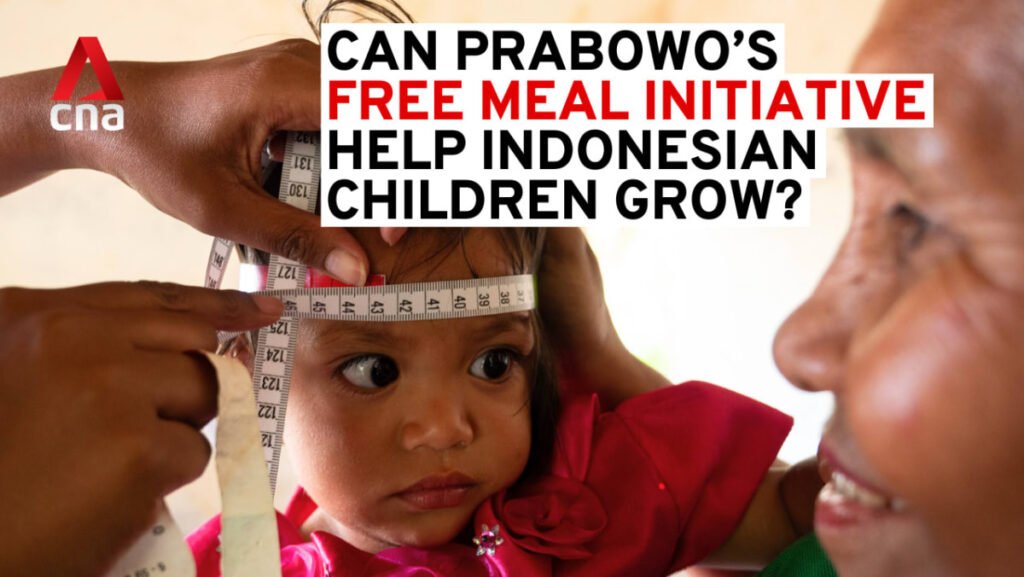Prabowo Subianto, Indonesia’s incoming president, has made a promise to provide free meals to all pregnant women and children in the country. This initiative aims to support the health and well-being of these vulnerable populations, especially in a nation that is comprised of 17,000 islands and has a total population of over 260 million people. The sheer number of beneficiaries, estimated at 70.5 million individuals, presents a significant challenge in terms of logistical operations and ensuring that the meals reach those in need.
One of the main obstacles in implementing this ambitious program is the vast geographical spread of the Indonesian archipelago. With thousands of islands scattered across the region, reaching all pregnant women and children with free meals will require a well-coordinated and efficient distribution system. Transportation and infrastructure challenges will need to be overcome to ensure that the meals can be delivered in a timely manner to even the most remote areas. This will require a significant investment of resources and coordination among various government agencies and non-profit organizations.
In addition to the logistical challenges, there are also concerns about the sustainability of providing free meals to such a large number of beneficiaries. Ensuring that a continuous and reliable food supply is available for pregnant women and children will require a commitment from the government to allocate the necessary funds and resources. Furthermore, there may be issues related to potential food shortages or distribution bottlenecks that could impact the effectiveness of the program in the long run.
Despite these challenges, the promise of free meals for pregnant women and children in Indonesia reflects a commitment to improving the health and well-being of vulnerable populations in the country. By providing nutritious meals to those in need, the government aims to address issues related to malnutrition and food insecurity, particularly in remote and underserved areas where access to basic services may be limited. This initiative also underscores the importance of investing in maternal and child health as a means of promoting overall development and reducing poverty in Indonesia.
To ensure the success of this program, it will be essential for the government to work closely with local communities, non-profit organizations, and other stakeholders to develop a sustainable and effective distribution strategy. This may involve leveraging existing networks and infrastructure to streamline the delivery of free meals to pregnant women and children, as well as monitoring and evaluating the impact of the program over time. By prioritizing the health and well-being of vulnerable populations, Indonesia can make significant strides in reducing malnutrition and improving overall health outcomes for its citizens.
In conclusion, Indonesia’s initiative to provide free meals to pregnant women and children represents a bold and ambitious effort to address the needs of vulnerable populations in a diverse and geographically dispersed nation. While there are challenges to overcome in terms of logistics, sustainability, and implementation, the government’s commitment to improving maternal and child health is commendable. By working in partnership with local communities and other stakeholders, Indonesia can make meaningful progress towards reducing malnutrition and food insecurity, ultimately leading to a healthier and more prosperous future for all its citizens.

